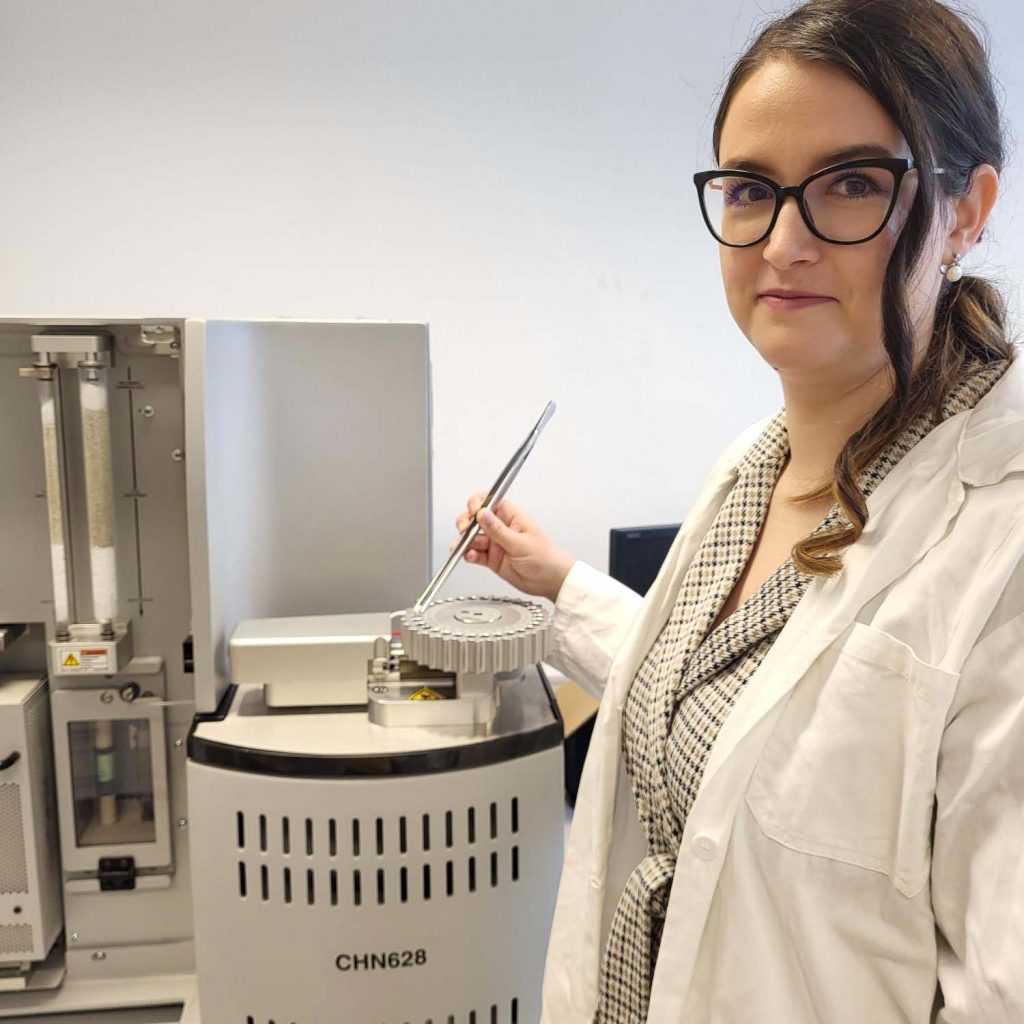
A new Laboratory for Analysis and Reduction of Particulate Matter Emissions has been established at our department with the support of the research project No. 09I03-03-V04-00529: Detection of solid fuel inorganic substances reducing the particulate matter capture efficiency by means of an electrostatic precipitator for small heat sources, within the framework of the call 09I03-03-V04 - Fellowships for excellent researchers R2-R4.
The aim of the laboratory is to research, develop and analyse the chemical composition of solid fuels and particulate pollutants produced during combustion processes in small heat sources. The laboratory provides a state-of-the-art technical environment for students and researchers focusing on the identification of inorganic components of fuels, as well as on the optimisation of the efficiency of abatement technologies such as electrostatic precipitators.
The laboratory is also used for pedagogical purposes in the implementation of students' final theses and as a platform for applied research in cooperation with industrial entities. It is equipped with two elementary analysers: Thermo Scientific FLASH 2000 CHNS/O and LECO CHN628 for precise analysis of the basic chemical composition of fuels. Moisture, volatile matter, solid carbon and ash content are detected by means of a thermogravimetric analyser LECO TGA 701. A Thermo Fisher Scientific ARL QuantX energy-dispersive X-ray fluorescence spectrometer is available for the detection of inorganics in solid samples. The deformation process and behaviour of ash at different temperatures is analysed by LECO AF700, which allows monitoring the melting temperature of ash from different types of solid fuels.
